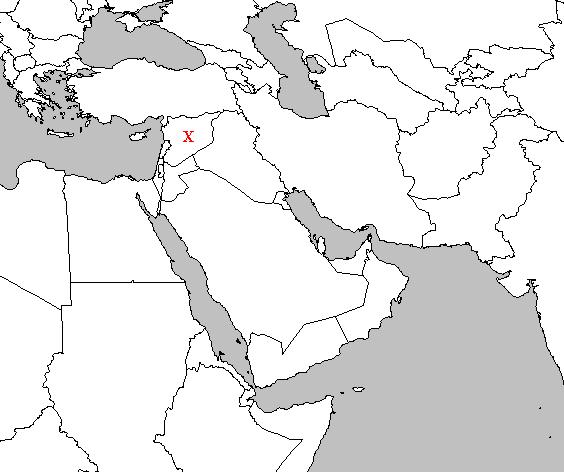
Multiple Choice
Select the correct answer.
1. Which of the following is NOT part of sovereignty?
A. Internal hierarchy
B. Monopoly of violence
C. Territorial states
D. Theoretical equality of states
E. Unlimited external autonomy
2. Which level of analysis would be appropriate if you wanted to study the affect of a leaderís personality on international relations?
A. Dyadic
B. Individual
C. State
D. Substate
E. Systemic
3. Which form of non-state violence was used by states to enhance their power in the early European international system?
A. Civil disorder
B. Insurgency
C. Privateering
D. Public vehemence
E. Terrorism
4. The democratic peace theory argues that democratic states ...
A. ... are more peaceful than authoritarian regimes.
B. ... are more powerful than authoritarian states.
C. ... don't fight other democratic states.
D. ... lose the wars they fight.
E. ... never go to war.
5. Which of the following is NOT a characteristic of Realism?
A. Actors are generally rational in the sense of being self-interested.
B. Actors are in a self-help system.
C. International governmental organizations are indispensable for maintaining peace and stability.
D. Power or security is the over-riding interest.
E. States are the main actors.
6. For balance of power to produce peace and stability, what must happen?
A. All actors must have the same amount of power.
B. All actors must remain unallied and prevent alliances of others from forming.
C. It must be impossible to divide the actors into two equal coalitions.
D. It must be possible to divide the actors into two equal coalitions and such balanced coalitions must become the actual alliances.
E. One powerful actor must be offset by many smaller actors.
Definitions/Fill in the Blank
Type in the correct terms for the following sentences.
7. A(n) is a group of people who share a common culture and language but NOT a government of their own.
8. One powerful state at the global level, called the , that can dominate the rules and arrangements by which international relations are conducted.
9. means that there is no central authority in the international system.
10. means resolving the underlying reasons for war by, for example, reducing poverty and political oppression.
11. The modern state system was established in the of 1648.
12. Identify the marked country below: .
